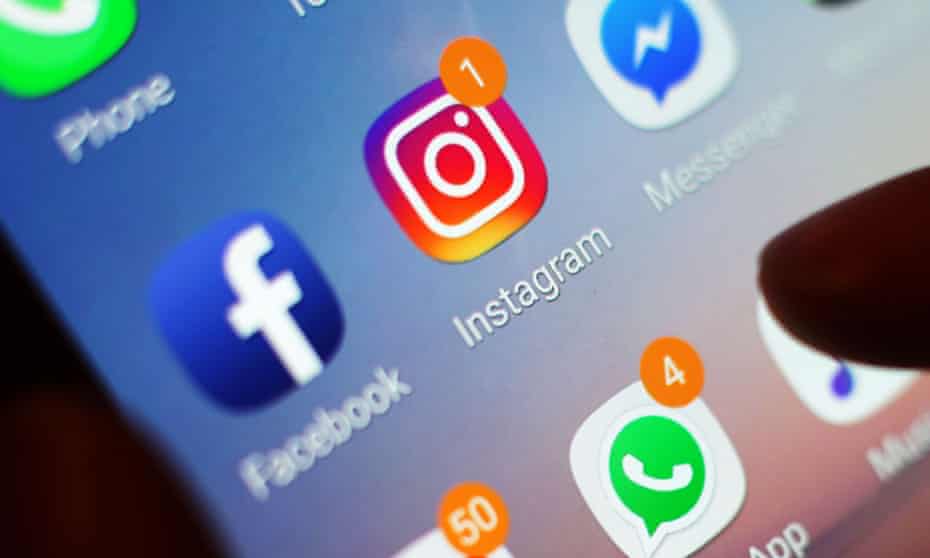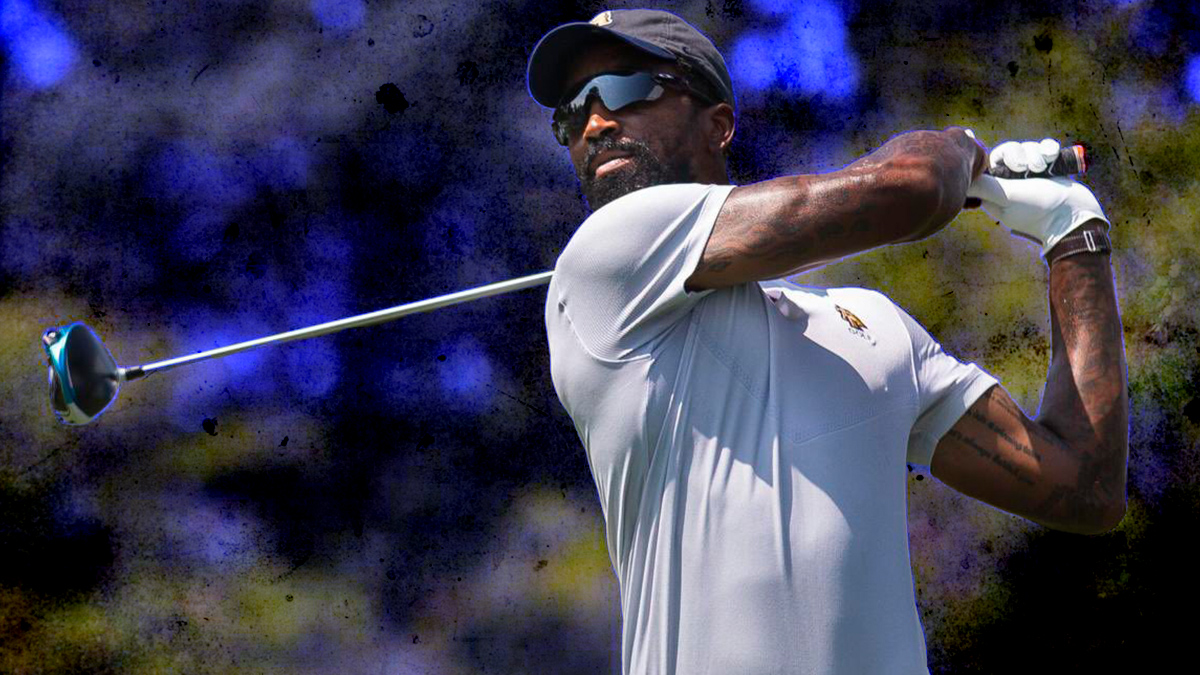By Meghan Schweizer, October 13, 2021

February 27, 1992, began as an ordinary day for a 79-year-old elderly widow, Stella Liebeck and her grandson, Christopher Tiano. The two took a ride to McDonald’s in her grandson’s Ford Probe to grab a bite to eat. They chose the drive through to place their order. The vehicle did not have cup holders. Liebeck wanted to add cream and sugar to her coffee. Her grandson decided to pull into a parking spot after receiving their food. So, how did this elderly woman receive severe burns over 16 percent of her body?
Liebeck had attempted to add cream and sugar to her coffee but unfortunately coffee spilled on her lap causing second-and-third degree burns, requiring hospitalization, further treatments, and skin grafts. When she presented McDonald’s with the bills for medial costs $10,000 over what her Medicare Insurance would cover, they responded with an offer of $800. After attempts to settle out of court failed, Liebeck sued McDonald is for $125,000 as reported in the 2013 documentary, Scalded by the Media.

“If a liquid at that temperature contacts the skin for more than a few seconds, it will cause profoundly serious burns.”
David Arredondo, MD.
(Simmons 1)
McCafe Coffee Image Credit: https://www.pxfuel.com/en/search?q=mccafe
Was the “burning” question that the temperature in which McDonald’s brews and sells is far warmer than coffee made by most home coffee-brewing machines or how Stella Liebeck was treated? During the trial, Liebeck’s surgeon, David Arredondo MD, told the jury, if a liquid at that temperature contacts the skin for more than a few seconds, it will cause profoundly serious burns. Dr. Arredondo provided the court and jury a graphic example and photos of Liebeck’s burned groin and skin grafts.
During the trial it was revealed that McDonald’s had received more than seven hundred complaints about burns from beverages over a ten-year period.

Image Credit: https://www.caoc.org?pg=facts
Juror, Marjorie Getman stood behind her decision as she stated, “The only way you can get the attention of a big company (is) to make punitive damages against them.”
(Simmons 1)
While it is the press’s obligation to print the truth, it is also part of a journalist’s code of ethics to seek the truth. Editors who desire credibility have a duty to tell the truth under all conditions. So why did the coverage on the case of Stella Liebeck vs. McDonald’s go array? Was McDonald’s accountable for the injuries? Was the media not searching for the truth? Both. A jury believed McDonald’s was liable. They awarded Liebeck $200,000 in compensatory damages and $2.7 million punitive damages, later reduced to $500.000. The public’s perception was that Liebeck won a lottery, yet the story had more complexities, more truths. The award by the jury was to send a clear message to McDonald’s they needed to reduce the temperature of the coffee to ensure others did not experience the injuries sustained by Liebeck.
The size of the award got the media’s attention, but this attention overshadowed the rest of the story. Many of the details of the case and how the jury made its decision were omitted and went unreported. An Albuquerque newspaper was the first to run the story. As it got picked up by the Associated Press, dozens of newspapers worldwide, along with local and national news stations began reporting it. As the story’s reach got larger, the story itself got smaller. In print that is…the number of words used to describe the story went from six hundred words to three hundred to just under fifty words. This limited the details of the case, creating a condensed version of the story from its original content. Titles and articles were missing critical pieces of the story allowing for misconstrued accounts of what happened and accusations of greed.
Rapid transmission made it difficult for time-consuming verification. Bullied by the media, with an incorrect account of Liebeck’s story told by politicians to professors, or Famous Network News Correspondents to Late Night Talk Show Hosts. In the eyes of the public, Stella Liebeck was the villain of the story. In this viewer’s eyes, Stella is a hero. She successfully won a suit over the largest fast-food restaurant business on the globe enforcing them to change the temperature of their coffee. Shame on McDonald’s for continuing unethical and unsafe practices by not taking an action as there were already over seven hundred complaints received related to burns.
Do I think if this story would be different today if given the opportunity for it to run via the digital media world? Yes. There would be viral sensationalism, but as credit worthy practitioners did more research, they would gain access to images. During this period people did not have access to the images of Liebeck’s burns nor would they be shared via with television. The use of imagery today would be powerful and influence the viewers, especially through social media platforms. This reviewer believes public relation practitioners got caught up in the challenges of the case allowing them to stage the truth.
Those who believe this case, and many other lawsuits, are frivolous, obviously do not have knowledge about the case. The verdict and settlement of this case forced the McDonald’s Corporation to change the temperature of the coffee they serve. This will ensure the safety for their patrons, so they do not sustain the horrific injuries Stella Liebeck received. The truth is common for those who seek to practice ethical communication.


















